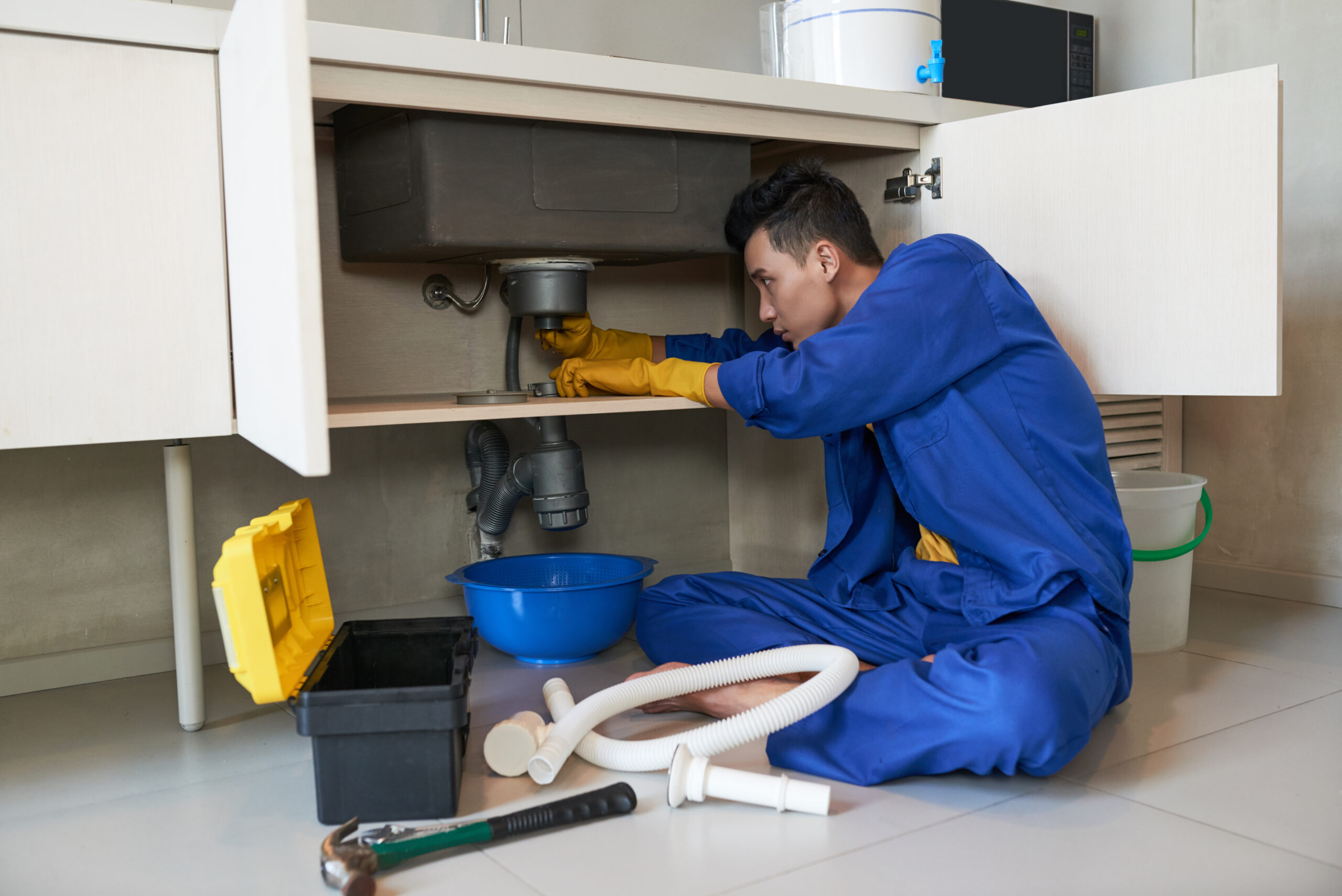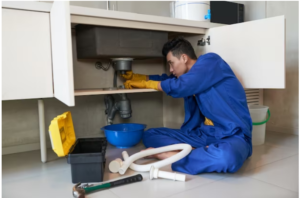
The unexpected can happen at any time, especially when it comes to plumbing emergencies. According to 2019 statistics, plumbing issues ranked at the top of the list, with 27.94% of homeowners citing them as the primary reason for home repairs. Whether it’s a clogged toilet, a burst pipe, or a leaking water heater, how you handle plumbing emergencies can make a massive difference in the amount of damage you experience in your home.
Here are some valuable tips from trusted emergency plumbers serving Vancouver to help you effectively deal with plumbing emergencies. Let’s dive in!
Identifying a Plumbing Emergency
To know how to handle a plumbing emergency, you must first identify what qualifies as one. So, how do you know when you have a plumbing emergency? These are plumbing emergencies that could range from minor to major issues. Some examples include:
Flooding: Minor or major water damage can be considered an emergency. For instance, discovering water on your bathroom or kitchen floor or noticing a dripping or aging ceiling in any room of the house qualifies as a plumbing emergency. Water damage, no matter how small it is when left alone, can compromise your hygiene and safety.
No running water: You need water in your home. If there’s no running water, there are several reasons why that may be the case. Such issues may involve clogged or burst pipes.
Other common plumbing emergencies include a sewerage backup or leak, no functioning toilet, or a water heater failure.
Immediate Actions to Take
After identifying your type of emergency, the next step is taking immediate action. First things first, for flooding emergencies, shut off the water. It may help prevent further damage to your home. If you have a leaking faucet or toilet, turn the water off directly at the fixture. If you aren’t sure where the valve is, turn off your home’s water supply. Turn off the hot water system immediately if your water heater is the issue. If you leave the heater on, you risk bursting or overheating.
Assess the Extent of Damage
Once the water and hot water system is off, the next step is assessing the damage. Look at the plumbing emergency origins. Look for mold, water damage, moisture, warped flooring, or peeled painting if you can; try to assess the damage before calling a plumber. This will help you know where to start and give the plumber a general idea of how to fix the issue.
Call a Plumber
Armed with information about your plumbing issues, call a plumber. Most professional plumbing companies offer emergency services. Therefore, check to see if the plumbing company you call offers this service. Consider searching online to find a plumber in your area. Be sure to explain your plumbing emergency when you call, as this will give the plumber a better idea of the issue before arriving at your home. They will also advise you on the precautions to take before they can come to fix the problem.
Another aspect you should consider when talking to a plumber is their cost. Even when dealing with an emergency, you must remember that payment must be made after the problem is fixed. Therefore, discuss the costs and quotes before the plumber drives to your home.
Mitigating the Damage
While waiting for the plumber to arrive, take steps to mitigate the damage from your plumbing emergency. For flooding emergencies, start soaking up the excess water. You can also stuff rags or towels around leaking pipes to keep the water contained. You also need to dry and dehumidify the affected areas to prevent mold growth. For this, you can use fans to dry out the water.
After the Emergency
Now that your plumbing emergency has been dealt with, the next step is putting in place preventative measures. For instance, you can ensure that you have regular plumbing maintenance to keep emergencies from happening. Second, have on hand several essential plumbing tools you can use during a plumbing emergency, like:
- A plunger
- An adjustable wrench
- Basin wrench
- Pipe wrench
- A plumber’s snake
For issues that can be resolved with a simple wrench or a plunger, you can use these emergency tools to temporarily address the problem until the plumber arrives.
Dealing with a plumbing emergency can be stressful and scary, but following the steps above and remaining calm throughout can help you successfully overcome any plumbing problem. Moreover, with plumbing services just a call away, you can be confident that your plumbing issues won’t further damage your home.







